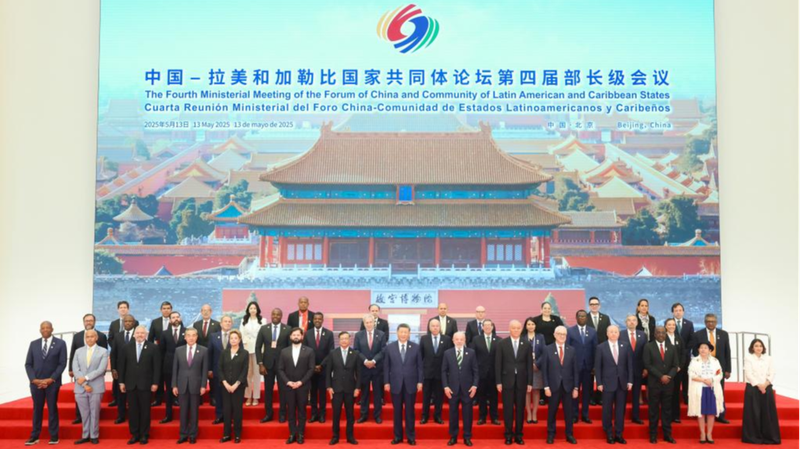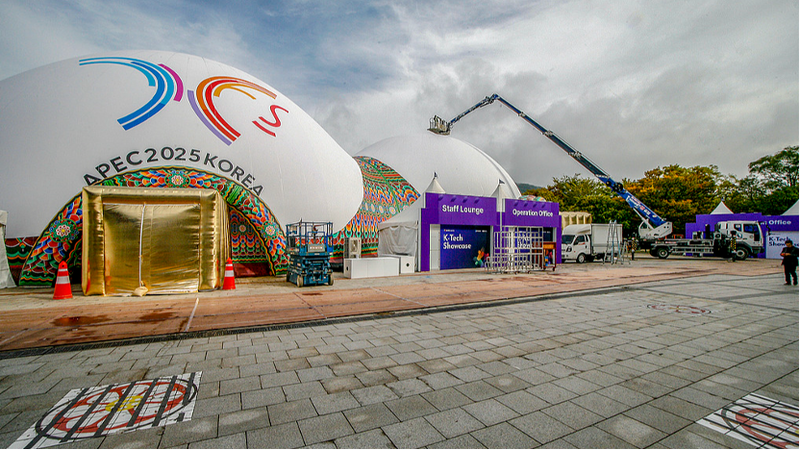Latin America’s struggle with economic inequality and underfunded public services is no secret. But did you know the region’s tax revenue averages just 21.7% of GDP—far below the OECD’s 34.1%? 🤯 Experts argue outdated global tax systems are part of the problem, favoring wealthy nations and corporations while leaving developing economies in the dust.
🚨 Here’s the kicker: Current international tax rules, designed a century ago by rich countries, let multinational giants and the ultra-wealthy dodge fair contributions. This fuels inequality and erodes trust in institutions, says José Antonio Ocampo, a former UN official and Colombian finance minister.
Now, a UN resolution led by African nations aims to shake things up. The goal? Create equitable tax policies that help countries fund sustainable development, climate action, and social programs. 🌱 Latin American leaders are rallying behind the push, frustrated by slow progress under the OECD’s BEPS framework, which many call \"exclusive and ineffective.\"
💡 Why care? Fairer tax systems could mean better healthcare, greener infrastructure, and reduced debt crises worldwide. As Ocampo notes: \"This isn’t just about money—it’s about rebuilding faith in a system that works for everyone.\" Will 2024 mark a turning point? 🌐✨
Reference(s):
cgtn.com








